How to Buy
To better serve our community in various parts of the world, please purchase this book directly from Amazon in your own region.
In this instance, shipping times will be much faster than buying from SDI.

Spiritual
Direction
In Australia
Research & Practice
Cutting-Edge Research
This exciting new handbook offers a broad range of academic writing and study on spirituality and spiritual direction from Australian researchers.
For anyone interested in the academic study of spiritual direction and companionship, this handbook offers an insightful range of essays showcasing the breadth of cutting-edge research from an Australian context. These researchers have generously shared many of their experiences in post-graduate study, the wisdom learned from these experiences, and practical advice. Exciting new methodological and theoretical frameworks are also presented to help support your own research in this area. Guidelines for undertaking an ethics application and receiving successful approval are also offered.
It is the aim of this handbook to support you, the researcher, in finding your own path in post graduate studies – to remind you that you are not alone on the journey, and there exists a thriving community of passionate researchers ready to support you.

“If only I had this handbook when I began post-graduate research in the late 1990s. It would have saved me a bucket load of blood, sweat and tears as I ventured into unknown academic territory. This text is a good starting point if you are considering doctoral studies in either spirituality or spiritual direction. The guidebook will give you important practical and theoretical information essential to completing your inquiry.”
—Stephen Truscott,
SM, PhD, Director, Fullness of Life Centre, Perth
Authors & Contributors

Rev. Dr. Xiaoli Yang
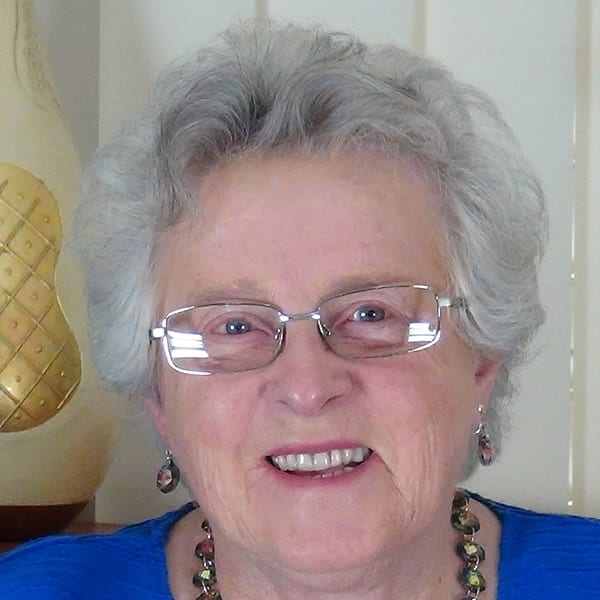
Lucy Tierney
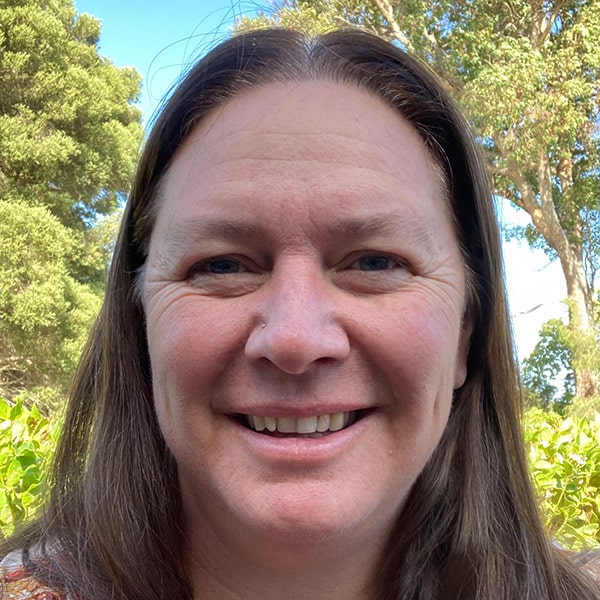
Catherine Lambert

Mel Palmer

Noel Cabigting

Rev. Dr. Tim McCowan

Dr. Kristen Hobby

Dr. Bernadette Miles

Anne Pate

Dr. Christopher Morris
About the Book
This handbook offers writing and reflection from many researchers across a broad discipline of post-graduate studies in spirituality and spiritual direction. Undertaking research in this discipline is often challenging, as dealing with the deeper mysteries of life doesn’t easily fit within existing academic frameworks. Often, successful research is dependent upon finding a sympathetic supervisor who will support the research goals of the student. However, things are slowly shifting in academia and the range of doctoral studies in this discipline is continuing to grow in some new and unexpected areas.
The authors and contributors above have been through the rigors of pursuing their respective research, have experienced the ups and downs, and have come to be respected spiritual directors and companions in their various fields. Contained within you will find a wealth of resources, strategies, and wisdom to assist anyone interested in academic study of spirituality and spiritual direction and companionship.
Thanks to the generous support from the Anthony and Patrick Wright Formation and Education Foundation for making this handbook possible.
Part 1: Essays
This handbook invites researchers to contribute essays on their areas of academic interest in spirituality and spiritual direction. In these pages, you will find:
- Xiaoli Yang’s essay on listening during the pandemics in the context of multi-cultural Australia
- Lucy Tierney shares how the wisdom of Teilhard de Chardin can speak into a modern-day Australian spirituality context
- Cathie Lambert offers readers the experience of the thirteen century Beguines and how they may have insights for Australian women who self-identify as being on the edge of the church
- Mel Palmer explores the concept of ‘cloud’ as a paradigm of technological advancement and how it evokes a sense of the nebulous and mysterious
- Noel Cabigting (who sadly passed away in 2021) explores the role of IFS (Internal Family Systems) as a resource for spiritual directors.
Part 2: Interviewing Ph.D. Graduates About Their Research Journey
The second part of the handbook is an opportunity to learn from those who have completed or almost completed their doctoral thesis. Researchers were invited to respond to the following questions:
- What was the initial spark that led you to undertake research?
- How did you decide upon the path, methodology, and theoretical framework that you pursued?
- How would you describe your methodology or approach?
- Did you end up writing the thesis you set out to write? What helped or hindered the writing process?
- How could the post graduate process be improved?
Part 3: Methodologies and Theoretical Frameworks for the Research Journey
The third part of the handbook takes a closer look at some of the theoretical and methodological frameworks that work particularly well in the area of spirituality and spiritual direction. It offers some new ways of considering research, which may be new to students. Inside you’ll find:
- Outlines on socio-cultural theory
- Vygotsky’s concept of Perezhivanie
- An overview of Gilligan’s “Voice Centred Relational” model
- Pope et al.’s helpful methodological approach
- A guide to applying for ethics approval.
Testimonials
Discounts
Bulk discounts are available.
Please call the SDI Office for more details at 1-425-455-1565, or e-mail [email protected].



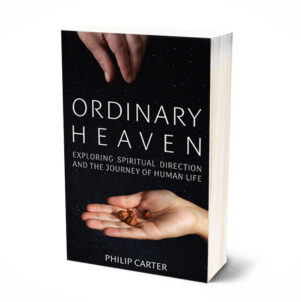


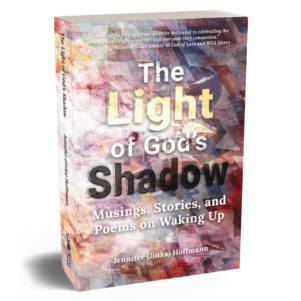
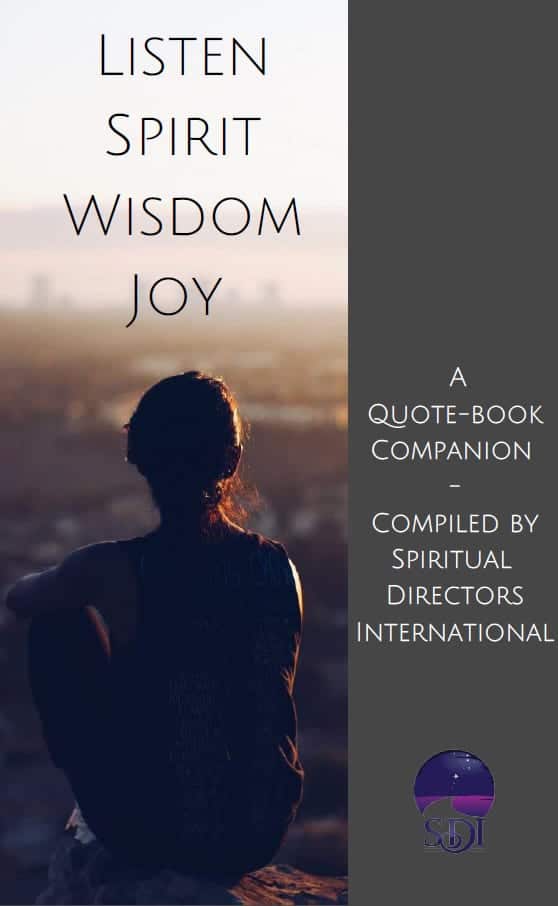
Valoraciones
No hay valoraciones aún.